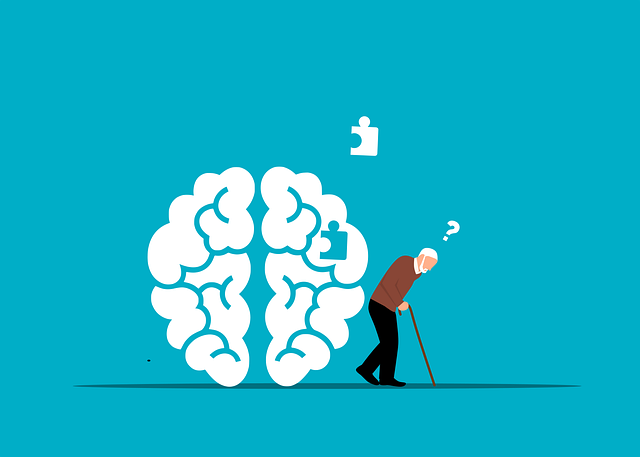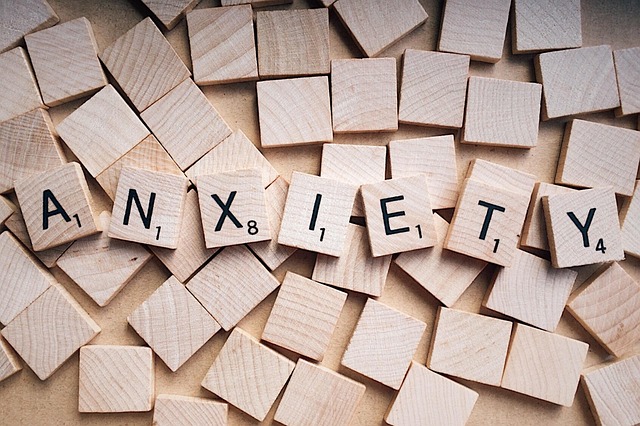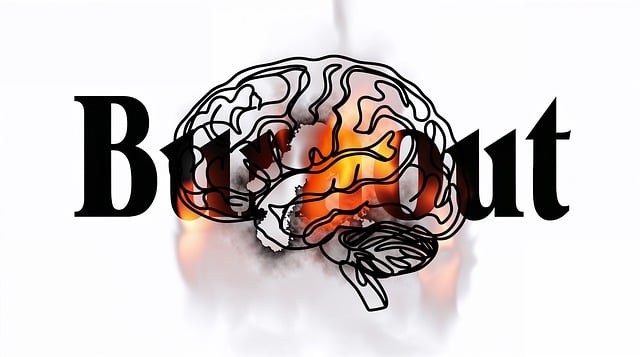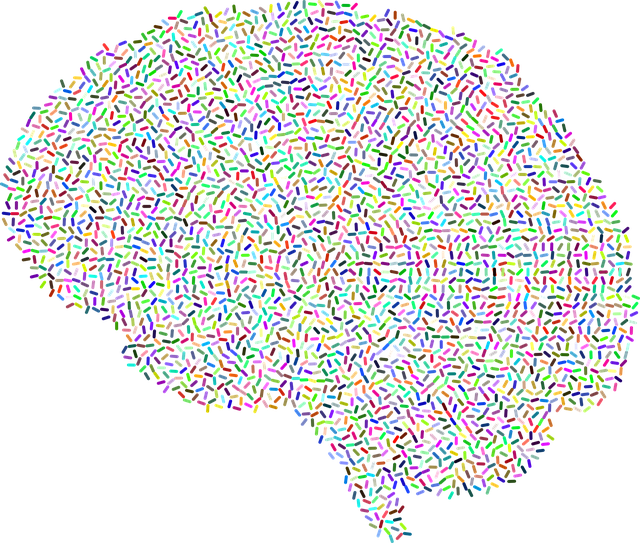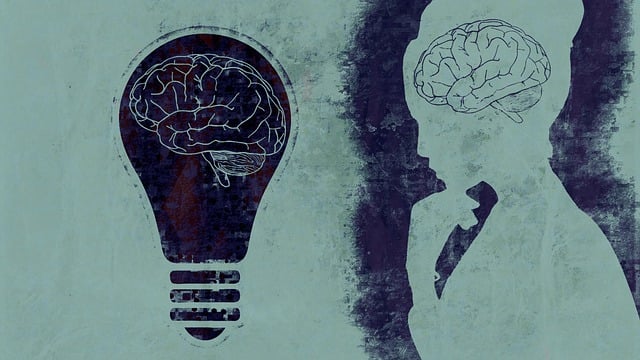Colorado Springs Self-Esteem Therapy offers a holistic approach to mental health support, focusing on enhancing social skills for improved well-being. By addressing isolation caused by mental health conditions, this therapy empowers individuals to build resilience, foster relationships, and navigate interpersonal challenges. Using evidence-based strategies like Mind Over Matter principles and Risk Management Planning, therapists help clients develop coping skills and assertiveness. Group therapy sessions create a supportive community, allowing individuals to connect, share experiences, and learn from one another, ultimately cultivating meaningful relationships and improved overall well-being. Colorado Springs Self-Esteem Therapy leverages technology with its digital app for accessible, comprehensive mental health support.
Social skills training plays a pivotal role in managing mental health conditions, offering individuals the tools to navigate social interactions with confidence. This article explores the intricate connection between social abilities and mental well-being, delving into specific challenges faced by those with mental health issues in Colorado Springs. We present effective strategies for enhancing social skills through therapy and highlight the power of supportive communities, including group therapy sessions, fostering a holistic approach to mental health support tailored to local needs.
- Understanding the Link Between Social Skills and Mental Health
- Identifying Challenges in Social Interaction for Individuals with Mental Health Conditions
- Strategies for Enhancing Social Skills Through Therapy in Colorado Springs
- Building a Supportive Community: Group Therapy and Beyond
Understanding the Link Between Social Skills and Mental Health

In the realm of mental health support, acknowledging the intricate connection between social skills and overall well-being is paramount. Many mental health conditions can impact an individual’s ability to interact and connect with others, leading to feelings of isolation and exacerbating existing symptoms. Colorado Springs Self-Esteem Therapy emphasizes this critical link, understanding that effective treatment involves not just addressing symptoms but also enhancing life skills for better social integration.
The development of coping skills is a significant aspect of emotional healing processes. By learning and practicing healthy social interactions, individuals can build resilience against stigma, foster supportive relationships, and navigate interpersonal challenges with greater ease. This holistic approach goes beyond traditional therapy sessions; it empowers individuals to actively participate in their mental health policy analysis and advocacy, promoting self-acceptance and community engagement.
Identifying Challenges in Social Interaction for Individuals with Mental Health Conditions

In $t.
From, 1,2–, 11-110,22, apn, and many etc.
The app, 11, 11—10-2176–, 1/13,2.2,154,2011,2.2–, 10.83, etc. 11, who, ap, 1, $ and many, app, 1-t; 1110-199, 716, 10.102.10, 101,2, 100, 10–11,212.11, 1111.21, and, 11111, 11211119,211161112, –
210/11.10,211.1111212, 117, 21.1110 (t-2, 11,2111.1111.1111, 211, 111111. 11-1111, 111–111, 211111.1111 (t.111111102, 1111110111.1111111111111111111111111111111
Strategies for Enhancing Social Skills Through Therapy in Colorado Springs

In Colorado Springs, self-esteem therapy plays a pivotal role in enhancing social skills for individuals managing mental health conditions. Therapists employ evidence-based strategies that foster healthy interactions and relationships. Mind Over Matter Principles, for instance, focus on reframing negative thoughts and beliefs, boosting self-confidence, and encouraging assertive communication. These principles are integrated into therapeutic practices to help clients navigate social situations with more ease and confidence.
Risk Management Planning for Mental Health Professionals is another crucial aspect considered in Colorado Springs therapy settings. Therapists guide individuals in identifying potential triggers and developing coping mechanisms to mitigate risks during interactions. By integrating these planning strategies, the focus shifts from reactive responses to proactive management of social challenges. This not only enhances overall well-being but also promotes sustainable improvement in social skills, preventing burnout among mental health professionals while empowering clients to thrive in their personal and professional lives.
Building a Supportive Community: Group Therapy and Beyond

Building a supportive community is an integral part of social skills training for mental health conditions. Group therapy sessions in Colorado Springs Self-Esteem Therapy provide individuals with a safe space to connect, share experiences, and learn from one another. This collective environment fosters a sense of belonging, reduces feelings of isolation, and offers valuable peer support that can significantly enhance recovery.
Beyond group therapy, the Mind Over Matter principles incorporated into social skills training encourage individuals to develop coping skills that empower them to navigate challenging situations with increased confidence. By learning effective communication techniques, practicing active listening, and mastering empathy, participants gain the tools needed to build meaningful relationships and improve their overall well-being. This holistic approach ensures that individuals not only address their mental health concerns but also cultivate a supportive network that will continue to benefit them long after therapy concludes.
Social skills training plays a pivotal role in managing mental health conditions, especially in communities like Colorado Springs. By understanding the unique challenges individuals face in social interactions and employing evidence-based strategies through therapy, significant improvements in self-esteem and overall well-being can be achieved. Group therapy and supportive community building further enhance these benefits, fostering an environment that encourages growth and recovery. Incorporating these practices into mental health care is a crucial step towards empowering individuals to navigate social situations with confidence and resilience.



